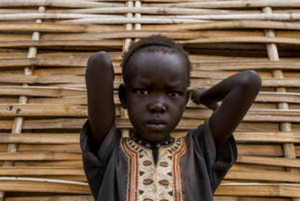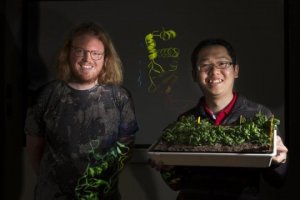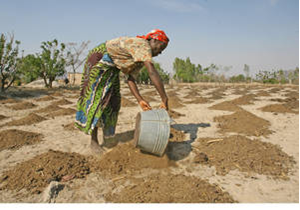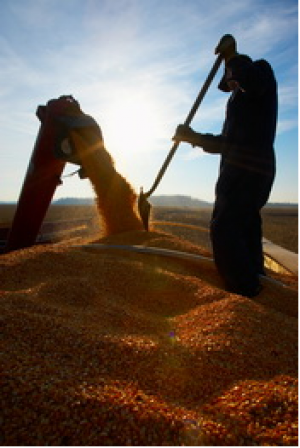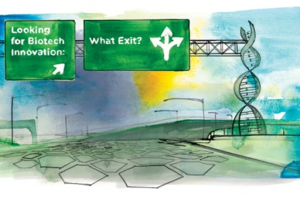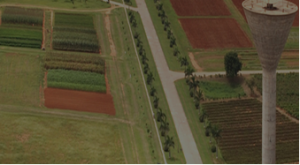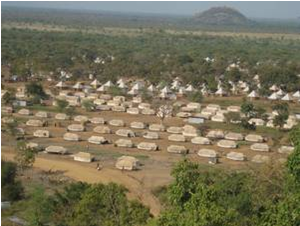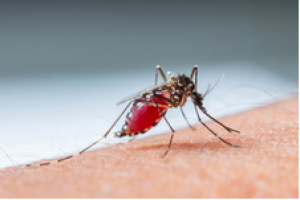Protracted conflicts affecting 17 countries have driven millions of people into severe food insecurity and are hindering global efforts to eradicate malnutrition, two UN agencies have warned in a report submitted to the UN Security Council.
Dr. NGUYEN XUAN CUONG has just been voted as a new Minister of Agriculture and Rural Development (MARD) in Vietnam by The National Congress in July 28, 2016. He was born in October 14, 1959 in Dan Phuong, Ha Tay (now Hanoi). Formerly, he was a President of Ha Tay People Committee, a Secretary of BacKan, Vice Head of Central Economics’ Section and Deputy Minister of MARD. Agricultral section relates to 70% population, 46% labors; it plays an important role in Vietnam economy. He mentioned the three key challenges for the current agriculture as: (1) smallholders; (2) climate change; and (3) further integration of international markets that we have to overcome fruitfully.
The European Commission authorized three biotech soybean varieties for import. The GM soybean varieties, MON 87708 x MON 89788, MON 87705 x MON 89788, and FG 72, received favorable scientific opinion from the European Food Safety Authority (EFSA) last year. The varieties also received "no opinion" votes from the 28 member states of the European Union.
Lead researcher Dr. Kai Xun Chan said the team discovered an enzyme that senses adverse drought and sunlight conditions, and how it works from atomic to overall plant levels. The sensor in plant leaves constantly sense its environment, including water and light levels. It can sense when the conditions become unfavorable, such as during extreme drought stress, when it sets off a 'fire alarm' in the plant, telling it to respond to drought by making beneficial chemical compounds.
With only a few weeks before land preparation begins for the next main cropping season, some 23 million people in Southern Africa urgently need support to produce enough food to feed themselves and thus avoid being dependent on humanitarian assistance until mid 2018, FAO said today.
In its most recent report, the Economic Research Service of the U.S. Department of Agriculture (USDA ERS) said that despite uncertainty about consumer acceptance, farmers in the U.S. have adopted genetically engineered (GE) crops widely since their commercial introduction in 1996. Soybeans and cotton have been the most widely adopted GE crops in the U.S., followed by corn.
The Scientific American released the 2016 issue of worldVIEW: A Global Biotechnology Perspective. It features the worldVIEW Scorecard, which ranks countries according to their biotech involvement and innovation. The United States remains on top of the list since the Scorecard started in 2009.
A new technology that detects aflatoxins on location, can save lives and open export markets for African and Asian countries. The rapid test kit device is also affordable at under US$ 2. This exciting advancement combined with a mobile extraction kit that will be ready in two months, will be the first portable cost-effective way for farmers and others to detect aflatoxins instantly.
A FAO-UNHCR handbook offers a new tool for helping displaced people access fuel for cooking food while reducing environmental damage and conflicts with local communities. At the end of 2015, over 65 million people worldwide were displaced as a result of persecution, conflict, generalised violence or human rights violations, many living in refugee camps or improvised settlements, according to UNHCR, the UN Refugee Agency.
A year after the genetically modified Friendly™ Aedes mosquitoes were launched in Piracicaba, Brazil, the Epidemiologic Surveillance service released new data which showed a 91% reduction in dengue fever cases in the CECAP/El Dorado District. Dengue fever cases decreased to just 12 in 2015/2016, against the 133 cases in the previous year. According to Epidemiologic Surveillance,


 Curently online :
Curently online :
 Total visitors :
Total visitors :
